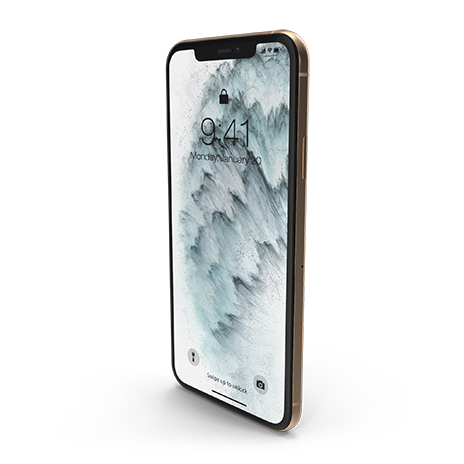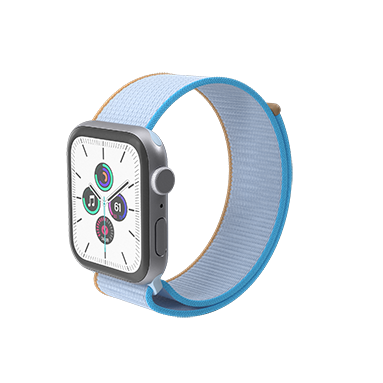

A mobile app is a software application developed specifically for use on small, wireless computing devices such as smartphones or tablets. Defining your business process requirements for the mobile app you need is key.
After you share your business process requirements with us, we will share our experience with you on which platform is the most suitable for your project. Mobile apps are categorized according to whether they are web-based or native apps (iOS, Android) built specifically for a particular platform. A third category, hybrid apps (Flutter, React Native, Ionic), combine elements of both native and web-based apps.
Native apps, web-based apps and hybrid apps are all ways to meet the needs of the mobile user. Each type has its strengths and weaknesses. The choice of one over the other depends on the organization's project requirements.
Mobile apps help businesses with increased visibility and continuous growth.
The most important reason to develop an app for your business is customer loyalty. A mobile app allows a business to connect directly with its customers.
A mobile app can come with many features that help businesses to communicate directly with customers to set up predetermined information. For example, with notifications that can be sent instantly, it helps to remind customers about your business' services and offers.
Every business looks for an easily recognizable brand. Here mobile apps help by increasing your brand awareness through valuable features.
Customer satisfaction corresponds to sales, so when customer satisfaction increases, it leads to increased sales. A mobile app allows a business to increase sales and therefore profits.
Customer service is very important when it comes to a business. Gone are the days when we used to see smiling salespeople standing behind counters to solve customer problems. Mobile apps come with better customer service and prevent customers from being a phone call away :).